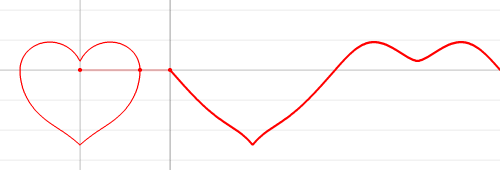BIOFEEDBACK
Have you ever wondered just how you learned to walk, feed yourself, ride a bicycle, shoot a basket, throw a baseball, or a host of other tasks? Most of us just accept the concept of "practice" to explain the process of learning how to perform these various tasks.
Basically, we start with a command or goal that we want to achieve then, we set out trying repeatedly (practice) to accomplish this goal. With each attempt, the brain is able to determine through the sensory "feedback" what adjustments to make in order to accomplish the task. Eventually, the brain is able to "program" the body in such a way as to perform the task successfully.
When some part of our body is injured or impaired through disease, it is unable to perform various functions needed for proper health. Additionally, it is generally believed that various bodily functions are not under voluntary control and can't be altered consciously. With biofeedback, our "bio"-logical activity is monitored and displayed so we are able to receive various sensory forms of "feedback" about what is happening internally. By making the same type of connection with our internal world as we do with our external world, it is possible to restore normal physiological function in the same manner as learning to perform the many tasks described above.
Biofeedback treatment generally takes considerably longer to achieve noticeable results compared to various other treatment approaches such as with medications. However, the results are generally permanent, there are no adverse side effects, and normal function is restored. Medication produces essentially immediate results, however, there is risk of side-effects and, when medications are discontinued, the disease state usually returns.
There are various forms of biofeedback. The most commonly encountered forms are: EMG (muscle), ECG (heart), EEG (brain), GSR (galvanic skin response), and temperature. Many types of conditions can be corrected using biofeedback including anxiety, heart problems, sleep disorders, high blood pressure, neuromuscular disorders, tension, attention deficit/hyperactivity disorder, seizures, neurological conditions, circulatory disorders, pain disorders, and many others. It is often used to enhance performance in Olympic athletes, astronauts, pilots, students, and others that desire maximum performance in their work.
Biofeedback should only be performed by a qualified health practitioner who is certified by the BCIA which is the certification board for biofeedback.
